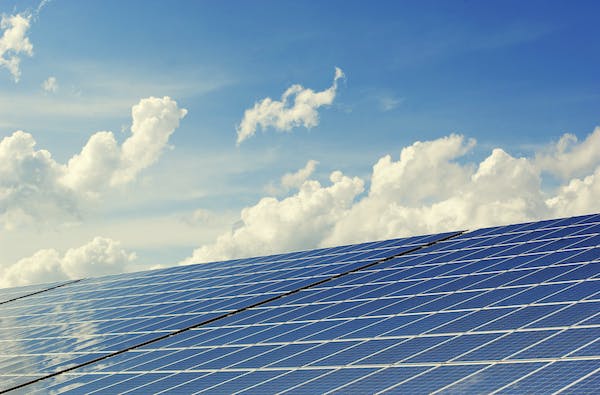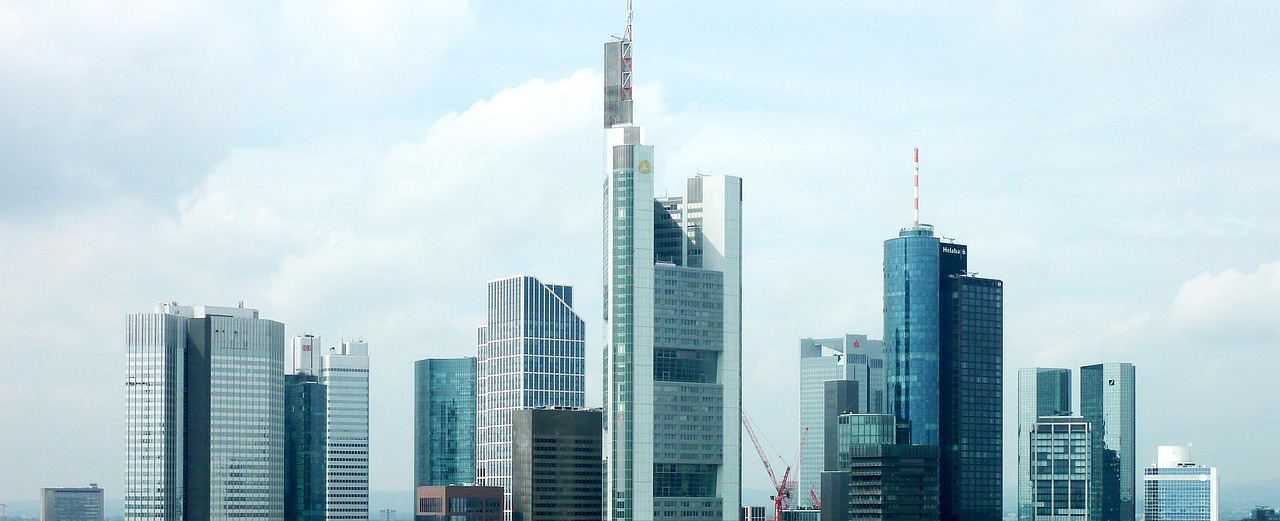Germany becomes a net importer of electricity for the first time
According to German media reports January 21, 2023, will become a record year for wind and solar power generation. However, Germany will still need to import more electricity than usual. Against this background, calls for the resumption of nuclear energy are growing. The CDU and CSU recently proposed reinserting nuclear power plants that were shut down last year into the grid. However, data analyzed by experts at the Fraunhofer Institute for Solar Energy Systems shows there is no direct correlation between the phase-out of nuclear power and increased electricity imports.
In 2023, Germany's total electricity generation decreased by nearly 10%, becoming a net importer of electricity for the first time since 2002. This is not because there is insufficient power generation, but because it is often more convenient to buy electricity from neighboring European countries than to produce it ourselves. Bruno Bugel, an electricity market expert at the Fraunhofer Institute for Solar Energy Systems, explained: "We generally export electricity in the winter because then the price is higher and the demand is greater. The opposite is true in the summer when electricity prices in Europe are higher. is low, demand is also low." Germany imports most of its electricity from Denmark, Norway and Sweden.
It is worth noting that imported electricity accounts for only a small part of Germany's total net electricity generation. Imported electricity in 2023 will be only 8.6 TWh, while Germany's renewable energy contributed nearly 261 TWh during the same period. Although Germany's last nuclear power plants will be withdrawn from the grid on April 15, 2023, these nuclear power plants generate less than 7 terawatt hours but still account for 6% of total electricity consumption. Critics argue that there is no need for Germany to withdraw from nuclear power because nuclear energy also enters Germany through the European power grid.
However, due to the shorter sunshine hours in 2023, the solar energy utilization rate is not high. Despite Germany's massive expansion of new systems, solar power generation remained at the same level as the previous year. Bugle expects solar power generation to increase significantly in 2024 after a bad year. At the same time, the opposite trend is likely to be seen in wind energy production: higher production in 2023, but "it may be a little lower this year."
In summary, although Germany will achieve breakthroughs in wind and solar power generation in 2023, it still needs to pay attention to electricity imports. The debate about nuclear energy continues, and expert analysis shows that there is no direct relationship between nuclear power and electricity imports. In the future energy policy formulation process, the German government needs to weigh the pros and cons of various energy types to ensure energy security and sustainable development.


